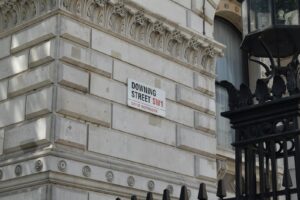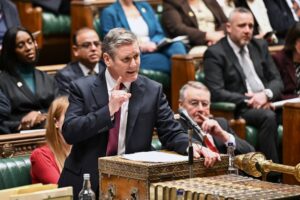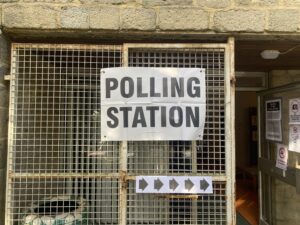Democracy must be at heart of English devolution
 English devolution is gathering pace. The government is set on supporting devolution to combined local authorities and directly elected mayors across England. Local government is responding with enthusiasm and energy.
English devolution is gathering pace. The government is set on supporting devolution to combined local authorities and directly elected mayors across England. Local government is responding with enthusiasm and energy.
There are many arguments to be made for this policy, though the extent of the devolved powers and the transfer of resources to support these powers warrants detailed scrutiny and challenge.
This is especially true at a time when government is drastically cutting its revenue grant to the same local authorities, which are being forced to cut core public services and community initiatives. The government’s insistence that combined authorities must be accompanied by directly elected mayors seems very prescriptive and not in tune with a localist agenda.
However, given the programme is being implemented or planned across both metropolitan and rural sub-regions, what matters most is to ensure that the risk of a democratic deficit is addressed.
This is why I welcome the Consultation Institute’s open access roundtable on the subject. This is being supported by – among others – the Centre for Public Scrutiny, New Economics Foundation (NEF), Involve and the Democratic Society. It will be held in Birmingham on 27th April and places can be booked here.
I am delighted to have been invited to chair this important and timely event.
Political devolution has to demonstrate that it strengthens democratic accountability whilst enhancing economic, social and environmental well-being. These issues will be on the agenda at tomorrow’s event.
The roundtable will address the importance of engaging and consulting the public when proposals for devolution are being developed and before they are submitted to central government. Such engagement should ideally enable the public and other key stakeholders to understand the options and their implications, and to express their preference for what should be devolved, on what terms and with what form of local governance.
The roundtable will also explore how combined authorities and elected mayors can be best held to account by local elected politicians. Their decision-making needs to be transparent. Elected mayors and combined authority leaders and members, as well as their senior officers and advisors should be subject to formal political scrutiny.
Above all, the public has a right to understand what is being done in their name and on their behalf when devolution is enacted. They need to authorise such action. Most recent public surveys would suggest that there is very little popular understanding of what is involved, which authority will be responsible for what policies and services and how they will able to hold local leaders to account.
Elected councillors on the participating local authorities are equally entitled to be involved in all stages and aspects of the devolution agenda. The critical decisions should not left to a few leaders and/or seen as merely technical rather than political. Devolution and the Government’s agenda in particular are very political. Consequently political process has to underpin every devolution deal and every new governance arrangement.
The Consultation Institute’s roundtable can provide an excellent opportunity to discuss these fundamental issues and to identify the policy, governance and practical issues which should be addressed.















